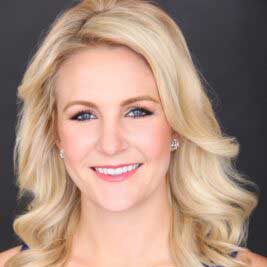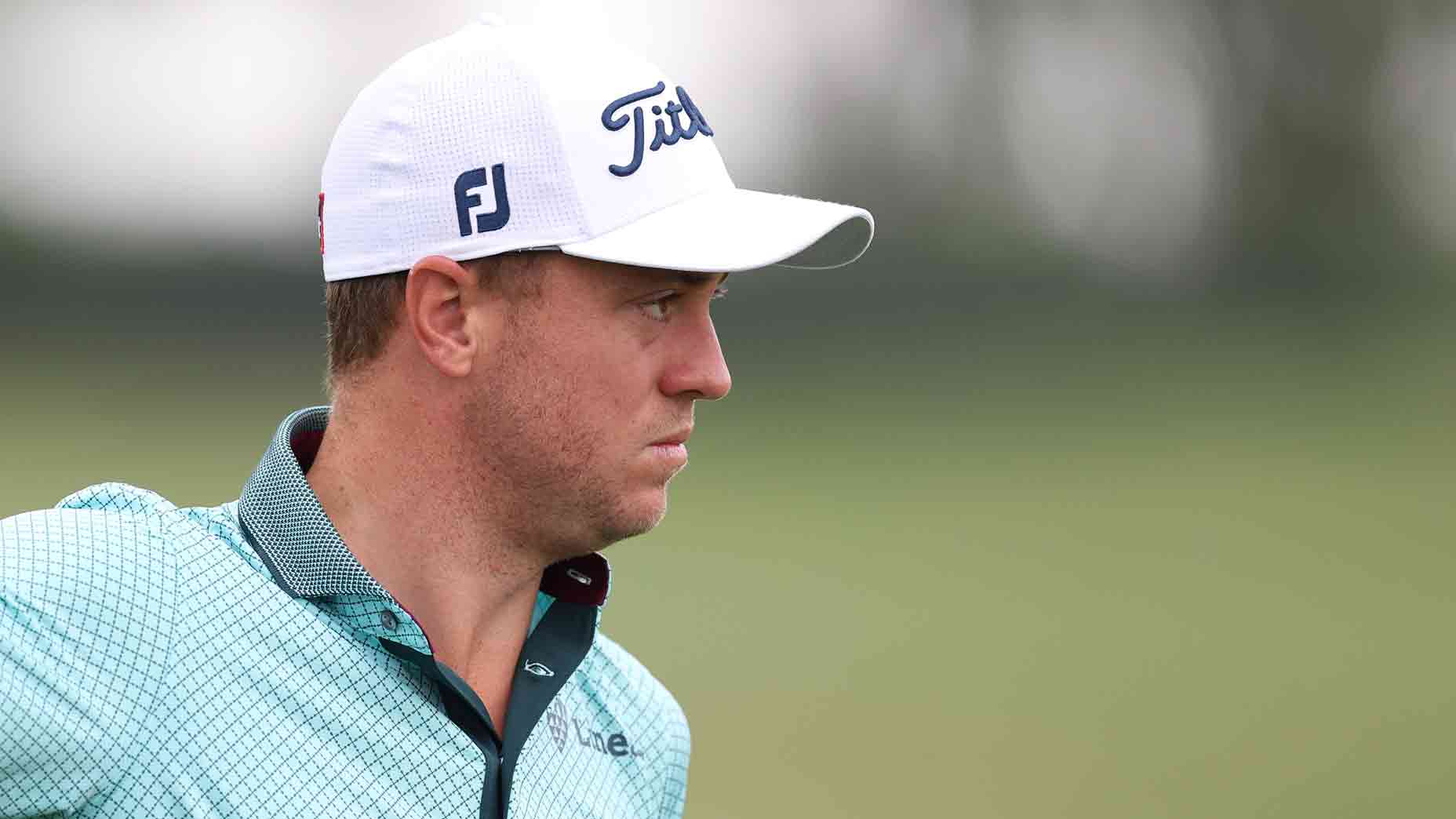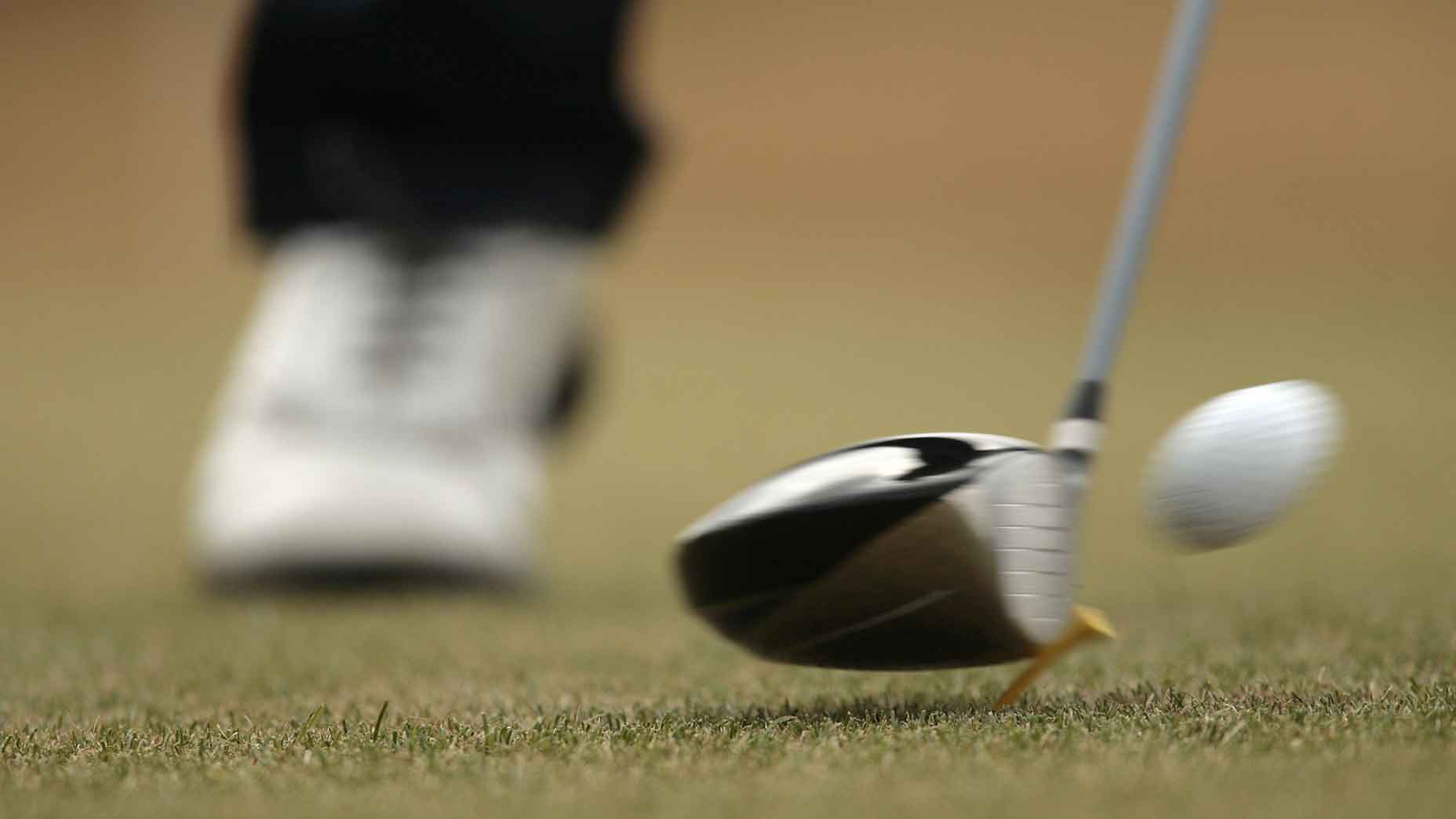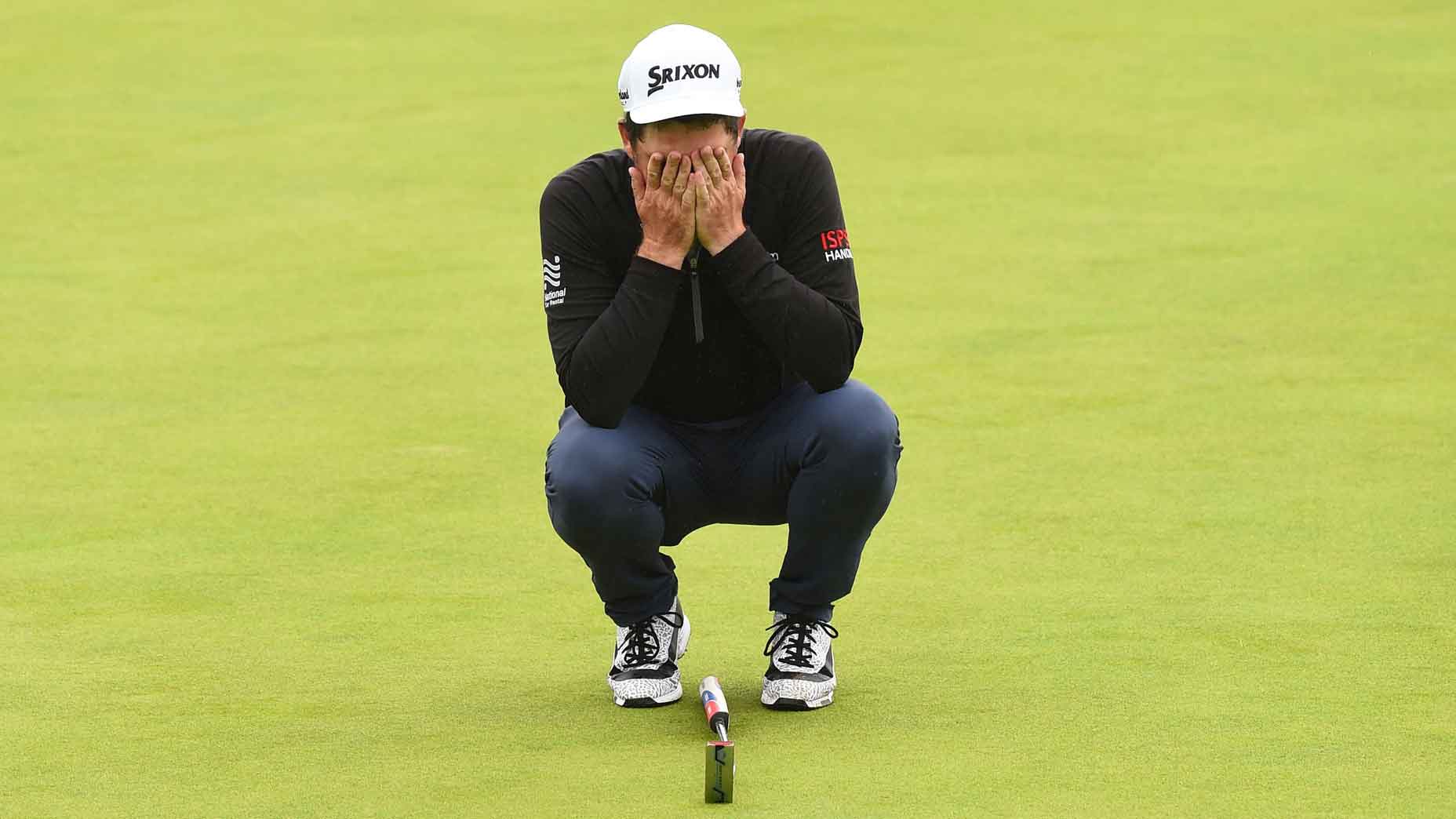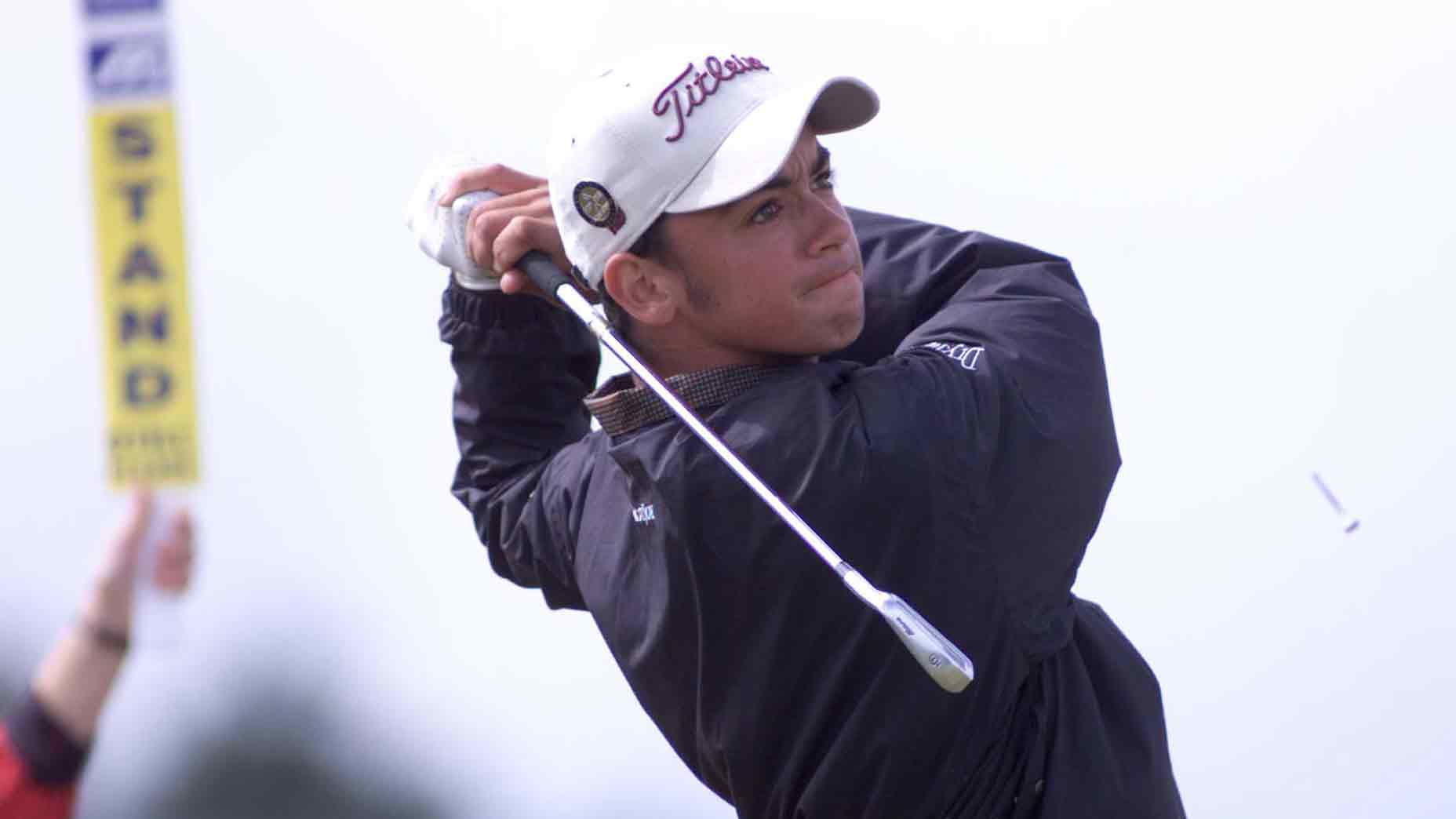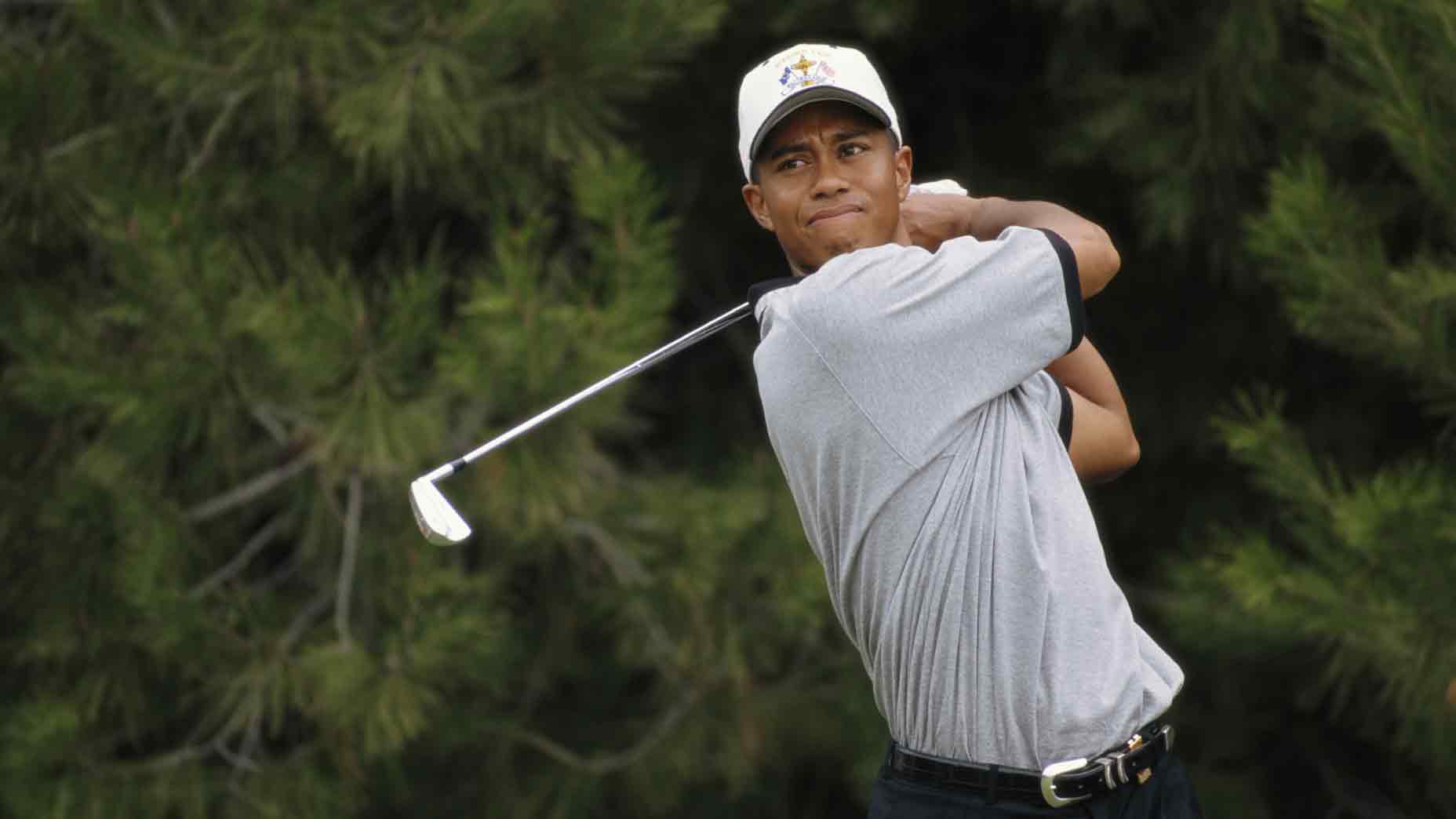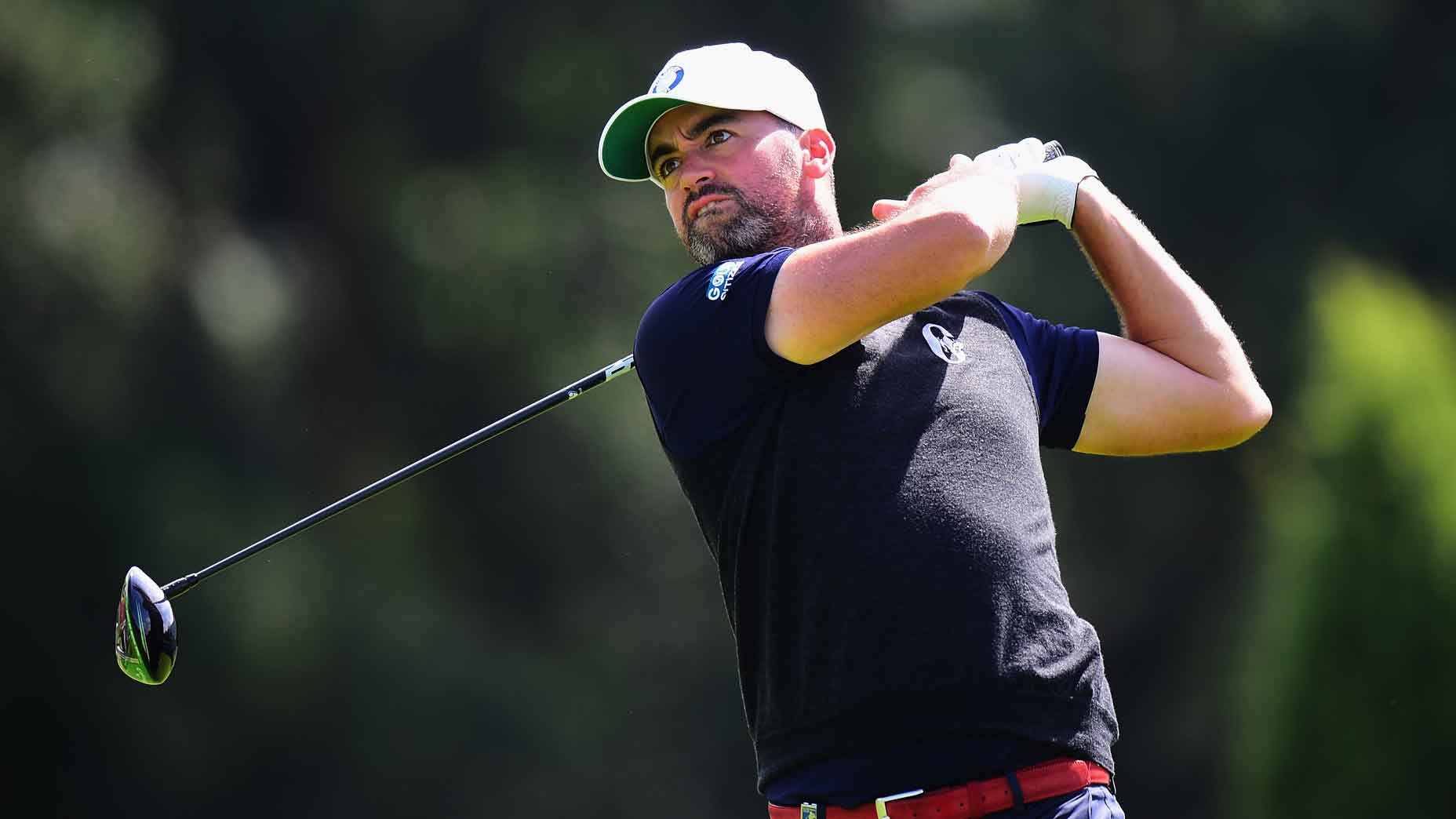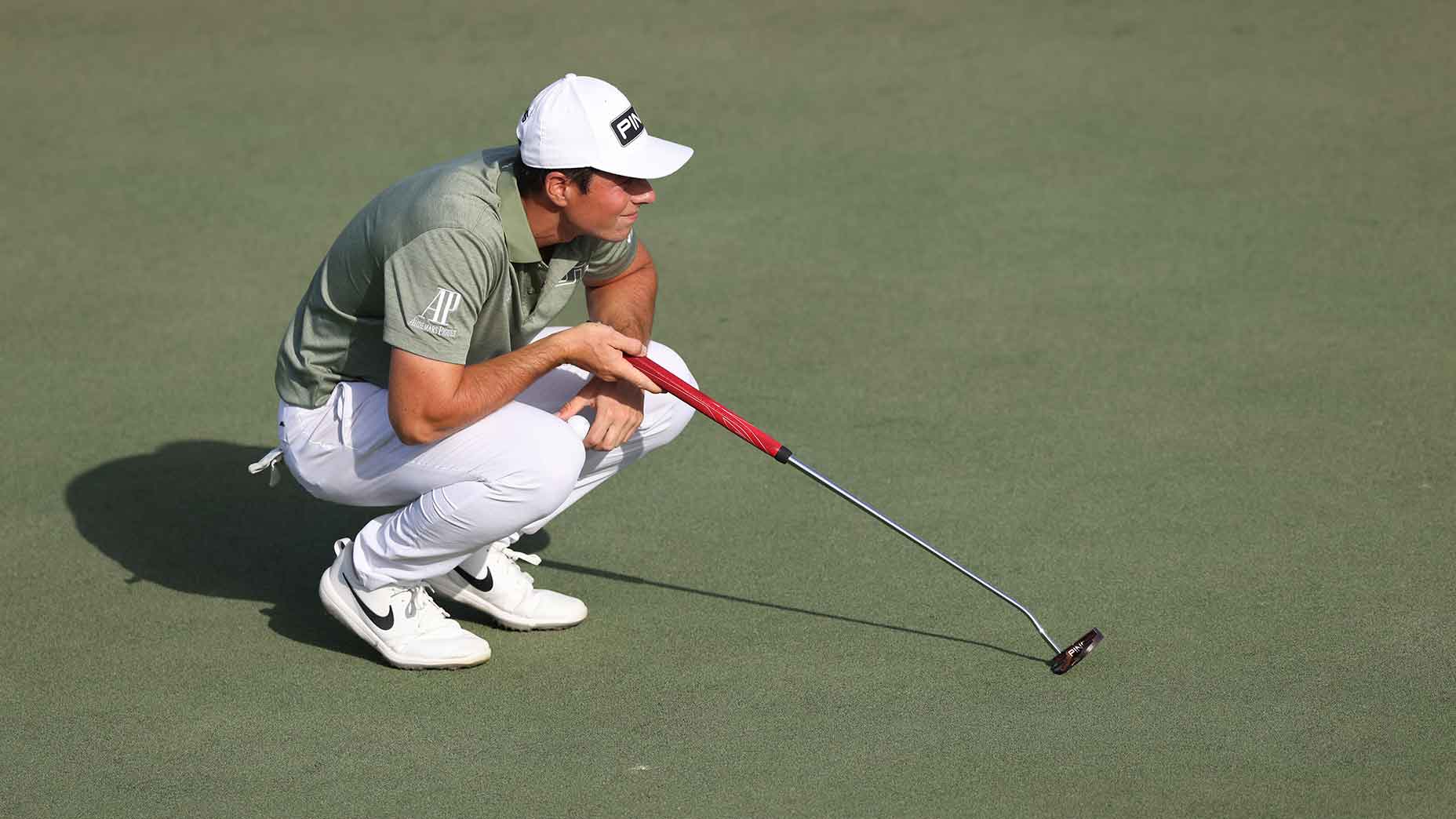The important difference between teaching and coaching
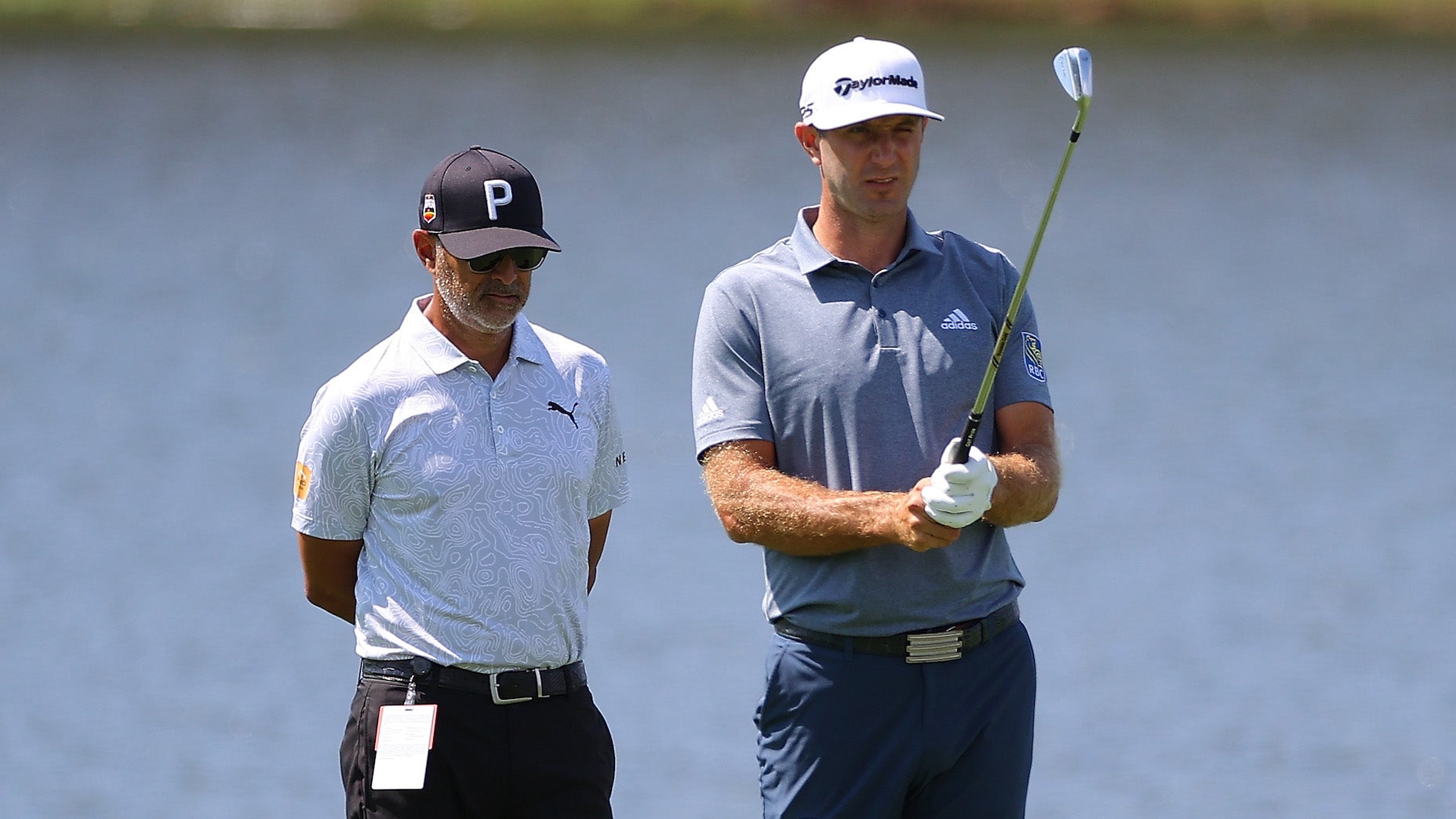
Pete Cowen works with Padraig Harrington ahead of the 2021 BMW PGA Championship.
Getty Images
Take a look at a PGA Tour driving range in the days before the first round of a tournament and, chances are, every stall will be filled with a player and his team. That team invariably includes, at a minimum, the player’s caddie, manager, and swing coach, all hunkering down to offer last-minute support and guidance.
Today’s top coaches often count multiple players in a given field as their clients, and giving them each the attention they require is a delicate balancing act. One way that top Tour coach and GOLF Top 100 Teacher Mark Blackburn, whose stable includes Chez Reavie, Charley Hoffman and Max Homa, handles his workload is knowing when to teach, and when to coach.
So what exactly is the difference between teaching and coaching? Blackburn explained his rationale on this week’s episode of Off Course with Claude Harmon.
“Being able to give someone information on the range at a golf tournament — which is the worst environment to coach in, because it’s a different animal — you’re not really teaching at that point, you’re trying to get someone ready to go to battle, so to speak,” Blackburn said. “And you might have great information, but what do you do when you have a player who wants to hit you in the head with a club and who’s irate? Can you be the calm in the storm? Can you get them to hit the ball well?
“There’s a reason that great coaches — that have experience, there’s no substitute for it — they know what to say at the right time,” Blackburn continued. “Less is always more.”
Blackburn said that people generally don’t understand the depth of the relationship between a player and his coach. Coaches know what a player is going through on a given day, and what he’s capable of achieving. What looks like an easy fix from the outside isn’t always the case.
“Coaching is taking what people already have and making them better versions of themselves without destroying who they are,” Blackburn said. “There’s a big difference between teaching and coaching. Teaching someone to do something away from a golf tournament — I’ll say every player I’ve ever worked with away from a golf tournament is a wonderful creature, lovely human being, that I enjoy being with. At golf tournaments, a lot of times they’re narcissistic, not very friendly. But I understand because they’re trying to go play golf and shoot a score and there’s nobody else to help them so they want the tools to be successful.
“Knowing how to interact with those human beings in that ecosystem is really different,” he continued. “I think you have to go to tournaments with players and coach them.”
Blackburn acknowledged that not all players like their coaches to be present at tournaments, but it’s important for coaches to see what the players do, as well as how they react to situations, because it’s the trial-and-error experience that ultimately leads to growth.
“If you’re trying to get better as a student, and you’re someone who plays golf, you love the game, find somebody that has experience and has had success with some of the things you’re trying to find,” Blackburn said. “Because you’ll find that you’ll have better outcomes, more consistently, and a lot quicker because they know what they’re doing.”
For more from Blackburn, including the factors that led to Max Homa’s recent success, and the right way to chase distance, check out the full interview below.


